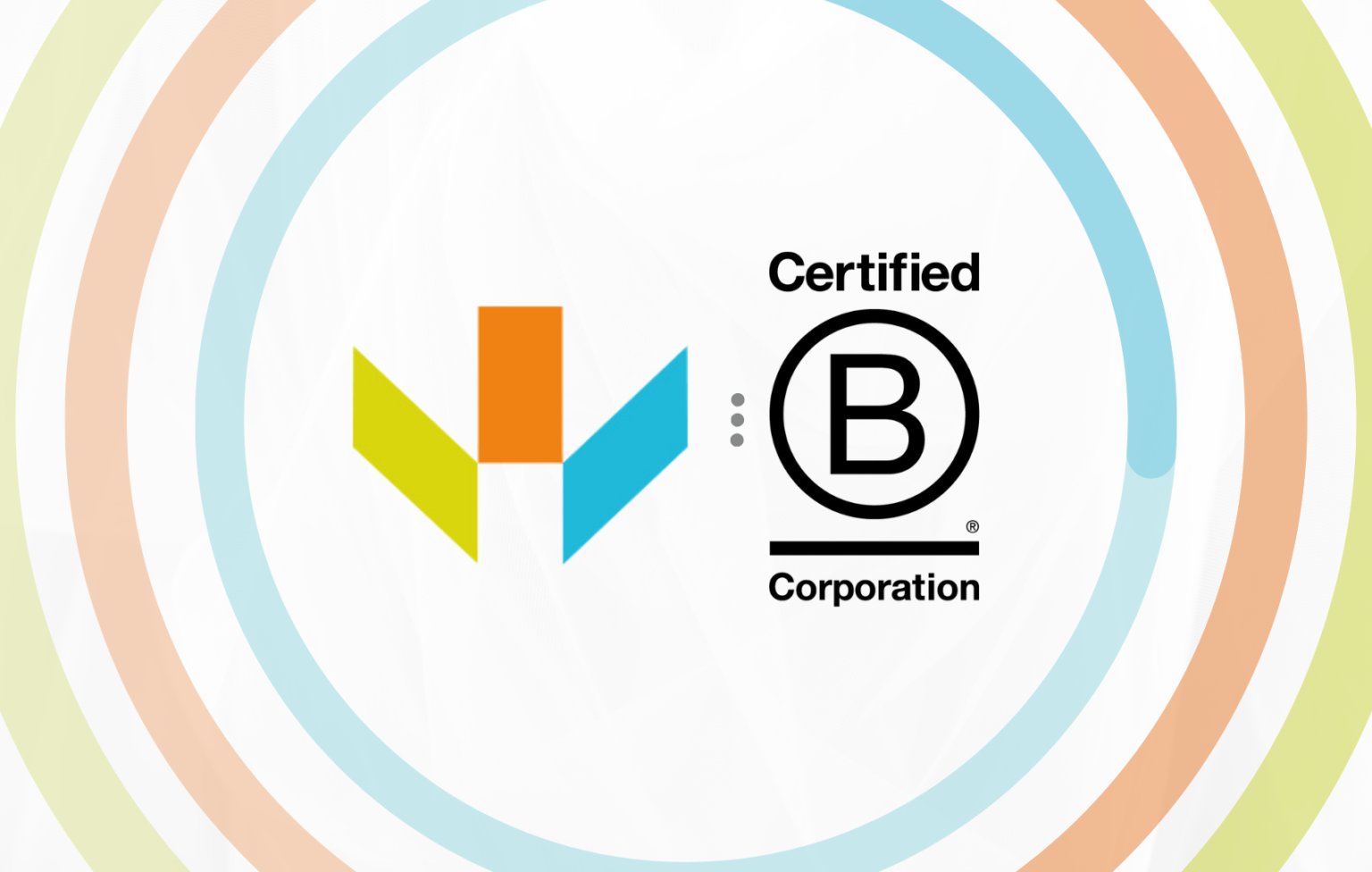Trident Building Consultancy is a business on a mission. That mission is not just to provide the best services we can to clients, consistently striving to overdeliver on our promises, but also to be a force for good for our people, wider society, and for the environment.
These values have particularly come to the fore since we became an EOT. By empowering our people to not just articulate their values, but to live them, to form committees to address them and to act, we are in the ongoing process of becoming a fully values-driven business.
I think we can all agree it is an exciting and worthwhile journey.
So, I’m delighted to announce that the latest milestone on this journey is the achievement of B Corp accreditation. In my view, this is a fantastic accomplishment and one that showcases Trident Building Consultancy’s commitment to social responsibility, inclusion, our people, our customers and the environment in the highest possible terms. I am extremely proud of each and every one of us within the company, because it is an achievement we all can share.
For those who don’t know, B Corp accreditation is run by not-for-profit B Lab. The accreditation process is highly rigorous and assesses company performance based on five criteria, including:
- Governance
Governance evaluates a company’s overall mission, engagement around its social/environmental impact, ethics, and transparency.
This section also evaluates the ability of a company to protect its mission and formally consider stakeholders in decision making through their corporate structure or corporate governing documents.
- Workers
Workers evaluates a company’s contributions to its employees’ financial security, health & safety, wellness, career development, and engagement & satisfaction.
In addition, this section recognises business models designed to benefit workers, such as those that are at least 40% owned by non-executive employees and those that have workforce development programs to support individuals with barriers to employment.
- Community
Community evaluates a company’s engagement with and impact on the communities in which it operates, hires from, and sources from.
Topics include diversity, equity & inclusion, economic impact, civic engagement, charitable giving, and supply chain management.
In addition, this section recognises business models that are designed to address specific community-oriented problems such as poverty alleviation through fair trade sourcing or distribution via microenterprises, producer cooperative models, locally focused economic development, and formal charitable giving commitments.
- Environment
Environment evaluates a company’s overall environmental management practices as well as its impact on the air, climate, water, land, and biodiversity.
This includes the direct impact of a company’s operations and, when applicable its supply chain and distribution channels.
This section also recognises companies with environmentally innovative production processes and those that sell products or services that have a positive environmental impact.
Some examples might include products and services that create renewable energy, reduce consumption or waste, conserve land or wildlife, provide less toxic alternatives to the market, or educate people about environmental problems.
- Customers
Customers evaluates a company’s stewardship of its customers through the quality of its products and services, ethical marketing, data privacy and security, and feedback channels.
In addition, this section recognises products or services that are designed to address a particular social problem for or through its customers, such as health or educational products, arts & media products, serving underserved customers/clients, and services that improve the social impact of other businesses or organizations.
80 points or more
To achieve the coveted B Corp accreditation, companies need to score a total of 80 points or more across these different assessment criteria.
I’m delighted to announce that here at Trident, we smashed that, totting up a final score of 101.1.
To put that in context, ‘ordinary’ businesses operating in the UK deliver a median score of 50.9 on the assessment.
This is a phenomenal achievement and one that puts us in an exclusive club. There are just 1,700 B Corps in the UK and only 8,000 globally.
It also puts us among some seriously good company. The likes of The Guardian, Innocent Drinks, Patagonia, Tony’s Chocolonely, The Big Issue, Finisterre, Elemis, and Sipsmith Gin, have all successfully negotiated the B Corp assessment.
I would like to take this opportunity to thank everyone who has helped in achieving this highly-prized accolade.
It has been a team effort that has touched almost everyone in the business and seeing people coming together to work for a common and worthy aim is a great source of both pride and inspiration for me. It is the best of what Trident Building Consultancy is and signals our ongoing direction for the future.
However, despite this fantastic achievement, one thing I know the people who make up Trident Building Consultancy won’t do is view this as an end; a reason to rest on our laurels. That is not our culture. That is not our people.
Becoming B Corp accredited is the start; a testament to how we currently express our values in the day-to-day operations of the business, but we must not stand still. We must continue to build on this and to improve as we move forward for the future.
Whereas the mission we’re on may never end, if the journey ensures we continue to do good for our people, our customers, and the environment, then we are well and truly on the right track.
To keep up to date on our B Corp journey, follow us on LinkedIn.

